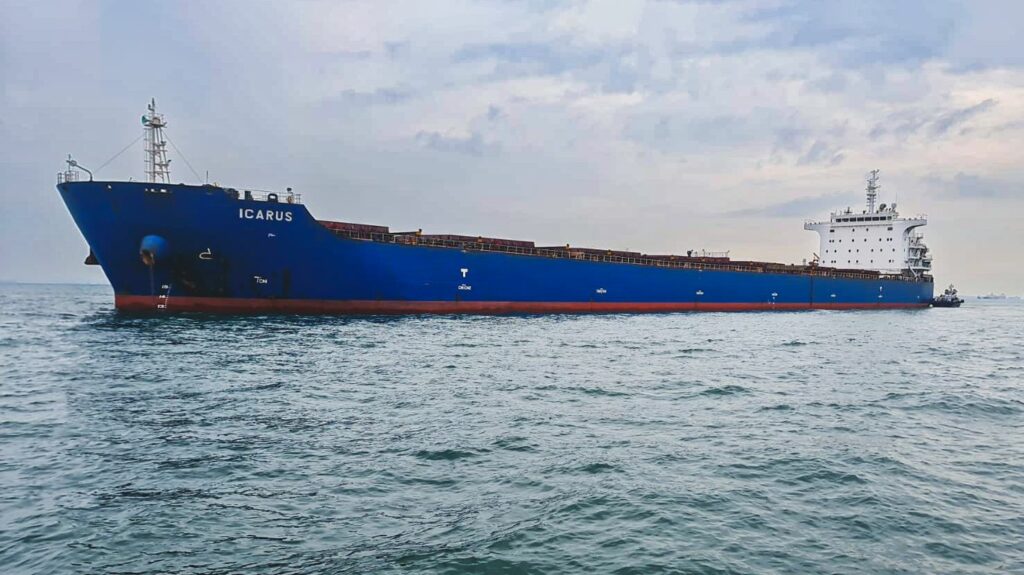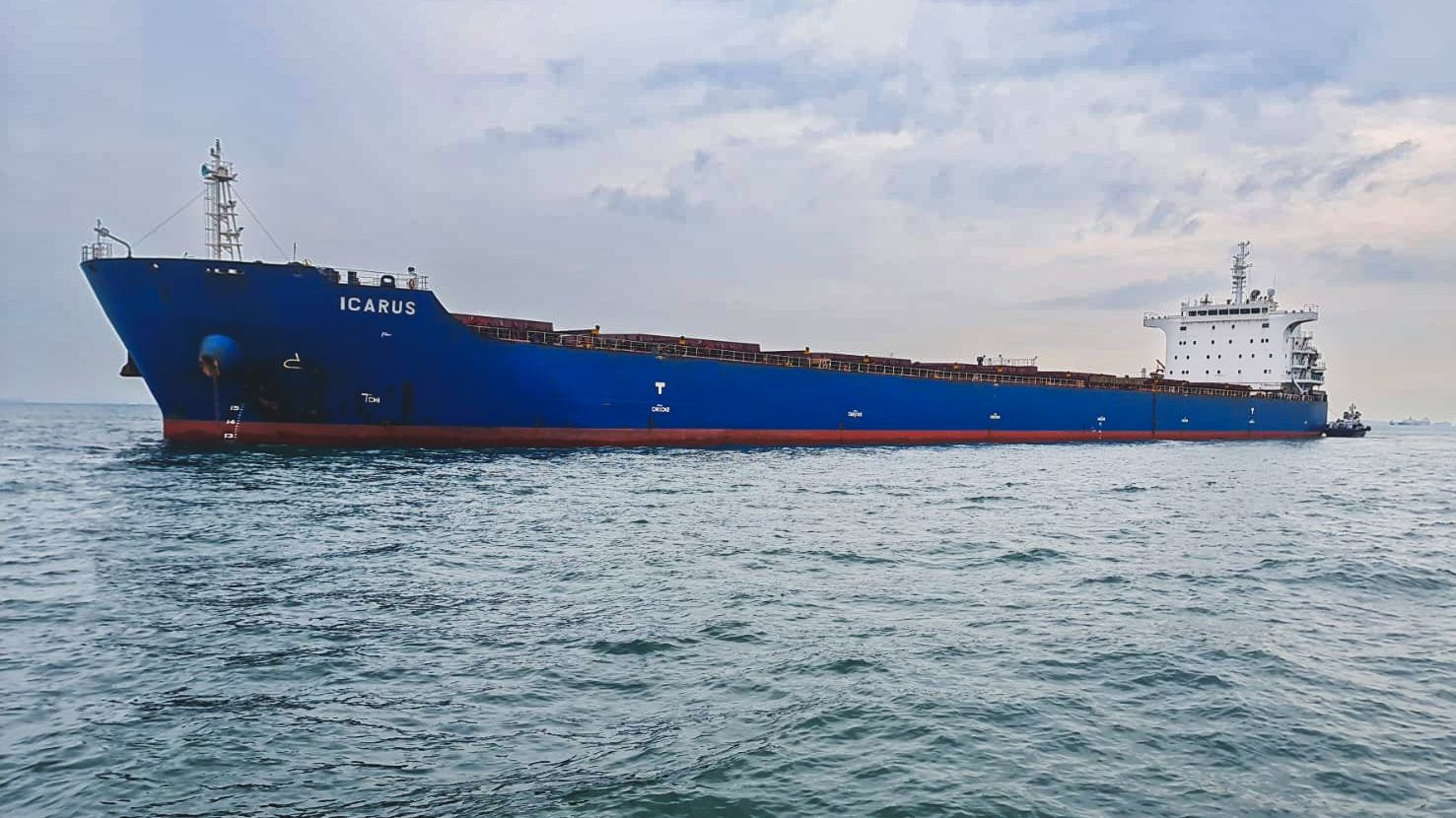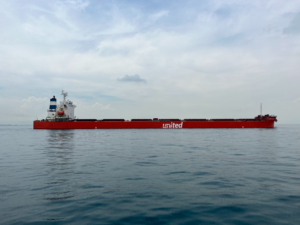
A research project which brings together The Cambridge Centre for Advanced Research and Education in Singapore (CARES), Laskaridis Shipping Co. Ltd and Metis will evaluate the real impacts of the fuels offered to solve shipping’s decarbonization dilemma.
The International Maritime Organization’s strategy for greenhouse gases aims at ships reaching net-zero GHG emissions by around 2050 and ensuring uptake of near-zero GHG fuels by 2030. However, reliable real-world data regarding the impact of different low-carbon fuels is elusive.
The three-way collaboration will make high frequency data captured by analytics and performance evaluation specialist Metis from the Laskaridis Shipping Co. LTD in-service bulk carrier ICARUS available to CARES.
With funding from Singapore’s National Research Foundation, data scientists at CARES have developed tools to model ship lifecycle pathways towards decarbonization. These include the lowcarbonship.com online calculator, which helps users to compare vessel performance across a range of fuel and decarbonisation options, including Heavy Fuel Oil, on-board carbon capture and others.
Professor Nondas Mastorakos from CARES said: “We are fortunate to collaborate with Metis and Laskaridis Shipping Co. LTD. who have kindly agreed to give us fuel consumption, weather and routing information. This will allow us to apply our modelling tools and provide “what if?” answers based on realistic data. In this way, effective decarbonization strategies can be developed quickly.”
Integrating individual vessel characteristics such as weight, volume and cargo displacement into the modelling, as well as energy consumption and emissions data, generates realistic inputs to develop an accurate picture of a ship’s future performance across a range of fuel options. The collaboration will create an invaluable database for projecting ship CO2 reductions, based on a granular analysis that goes far beyond estimates based on average fuel consumption and routing.
“The maritime sector is considering many decarbonisation options to reduce its environmental footprint,” said Panos Theodossopoulos, Chief Executive Officer, Metis. “However, no single option is emerging as a clear winner. Consensus suggests that shipping’s carbon neutral future will rely on a range of alternative fuels, supply chains and technologies.
“This research provides key examples of the way digitalization and advanced analytics will help ship owners develop successful pathways towards decarbonization which balance their commercial and sustainability imperatives.”
Laskaridis Shipping Co. LTD. has prioritized investing in digitalization and data analytics in order to achieve greater ship efficiency and measurable progress towards decarbonization across its fleet.
Nikolaos Tsoulakos, Innovation & Technology Manager of Laskaridis Shipping Co. LTD, emphasized: “The high-frequency data collection systems installed on our vessels serve as the foundation for harnessing the potential of AI. Through collaboration with CARES and Metis on this initiative, our aim is to contribute to the scientific community by sharing data and providing valuable insights to the maritime sector through data analysis and performance analytics. Our objective is to achieve operational excellence, reduce the carbon footprint, and advocate for the widespread adoption of digitalization among maritime enterprises.”
Last year, Metis and Laskaridis Shipping Co. LTD. collaborated to secure the first Bureau Veritas (BV) DATAINFRA notation, recognizing the bulk carrier LETO’s data infrastructure for reliable collection, transmission, storage and sharing data. LETO also received BV’s SMART (EnE1-W, -S, -Em) notation for the smart functionality on board covering energy efficiency, speed optimisation, weather routing and emissions monitoring.



